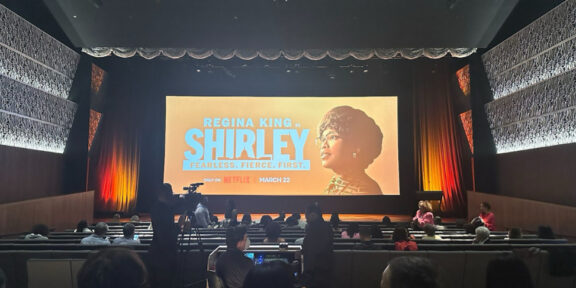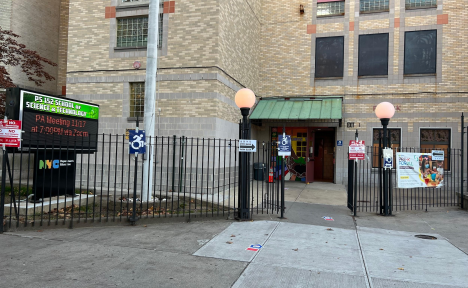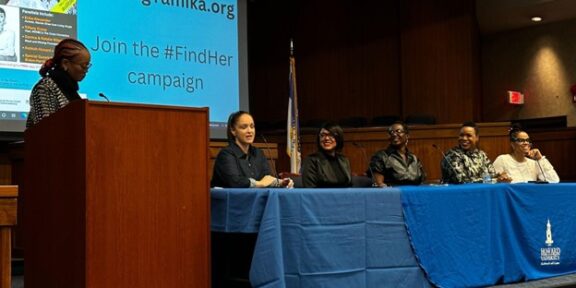By: Alana Matthew
For the 75th Primetime Emmy Awards, Quinta Brunson won an Emmy for her outstanding performance in a comedy series. This award marked the first Black actress to claim victory in this category since 1981, when Isabel Sanford, renowned for her role in “The Jeffersons,” achieved the same honor.
While the “Abbott Elementary” star and creator said her win overjoyed her, it sparked a conversation [[among whom]] about why it took 42 years for another Black woman to win in this category.
The distinction, EGOT, representing the Emmy, Grammy, Oscar, and Tony Awards, is a rare accomplishment in the entertainment realm. To date, a total of 19 individuals have attained this feat.
Naadira Aalim-Johnson, a Howard University junior TV and film major from Queens, New York, theorizes the added stressor of the pay gap prevents Black entertainers from achieving award recognition.
“If Black actors and actresses were paid properly for their movies and shows, it would allow them the opportunity to take risk[s] that would get them more nominations,” Aalim-Johnson said. “They could take the pay cut to do an indie film or take the time off to write a book.”
The many categories of the various awards allow for many creative avenues to be awarded beyond the traditional Best Actor and Best Picture categories. Viola Davis completed her EGOT accolade with a 2023 Grammy Award for Best Audiobook, Narration, and Storytelling Recording for her memoir, “Finding Me.”
McKinsey and Company, a global consulting agency, conducted research in 2021, dissecting the challenges of a lack of diversity in TV and film and the impacts of increasing said diversity.
“Low percentages of Black talent in above-the-line roles (creator, producer, writer, or director); Black above-the-line talent made up only 6.6 percent of those roles for films and 7.9 percent for scripted series across 2018 and 2019,” reported McKinsey and Company.
Similar to the findings in our review of theatrical releases, these above-the-line roles had a profound multiplier effect on representation, the report continued.
Haniyah Philogene, a Washington, D.C.-based freelance journalist who covers lifestyle, says there needs to be attention to business.
Despite their “undeniable” talent, she said Black actors and actresses navigate a landscape where recognition is elusive and opportunities to showcase their skills are limited.
“You have to remember this is a business,” she said, “At the end of the day, the more awards you have, the more money you get, and the more ‘value’ you’re perceived to have, even though the awards don’t equate to talent.”





